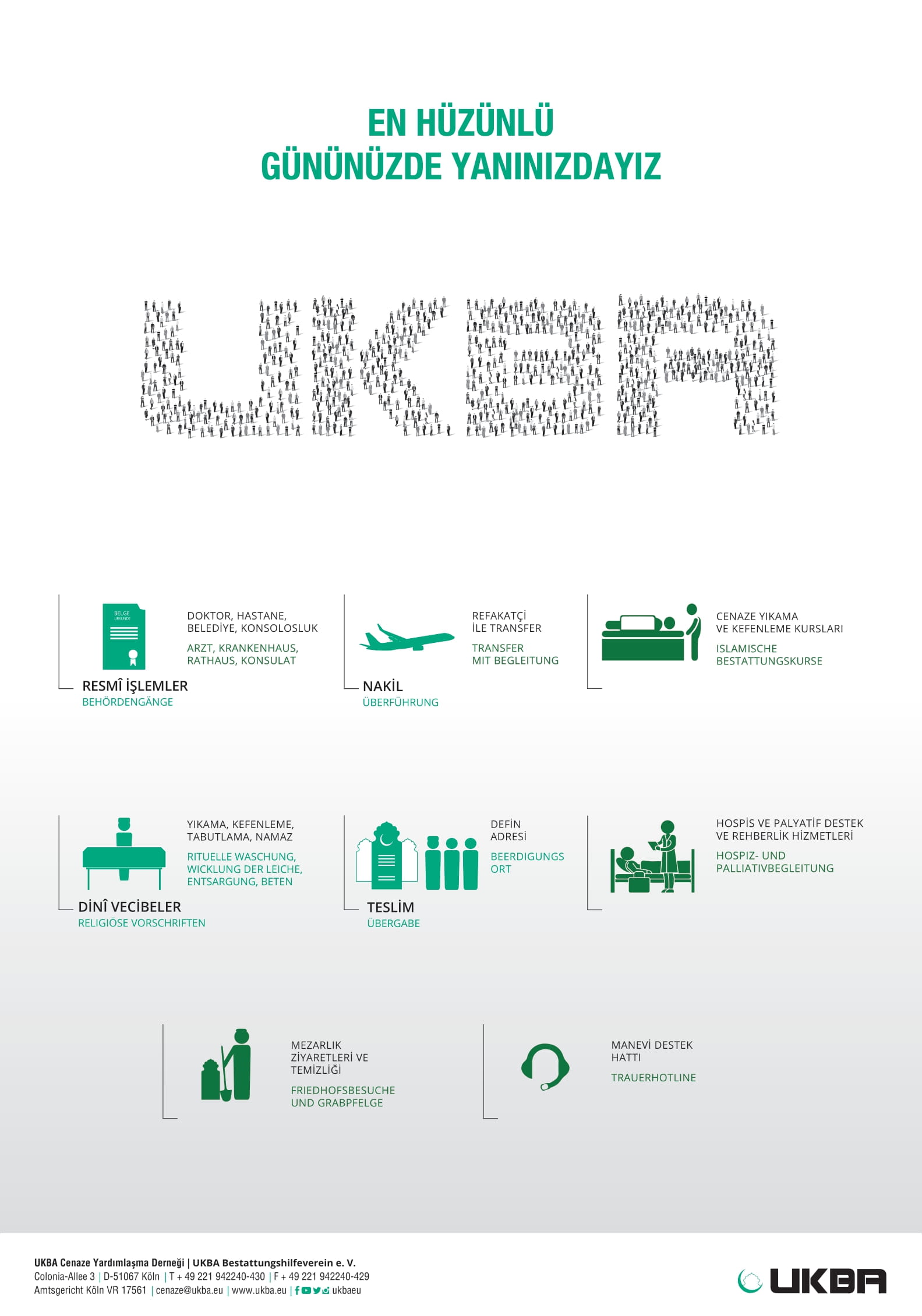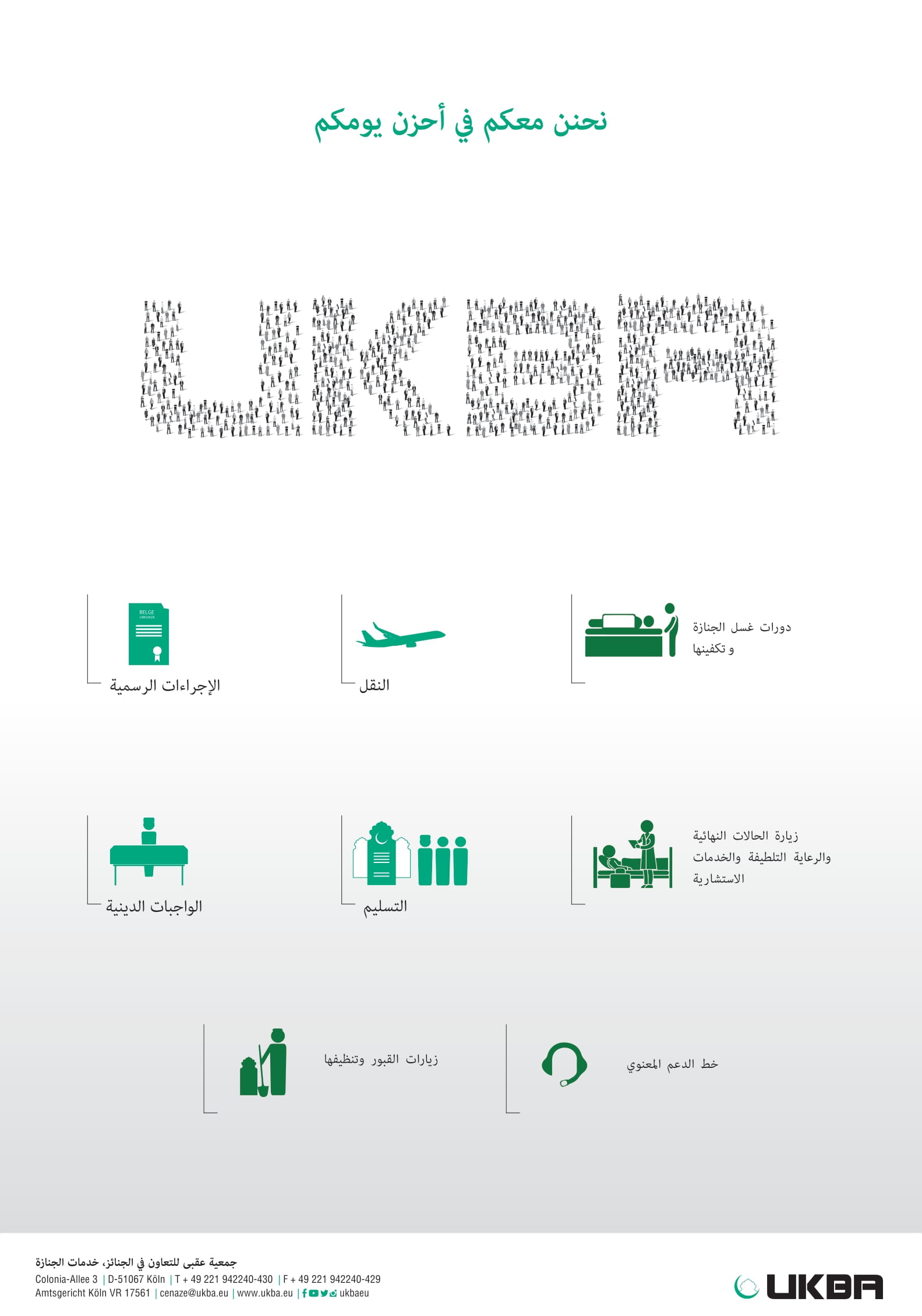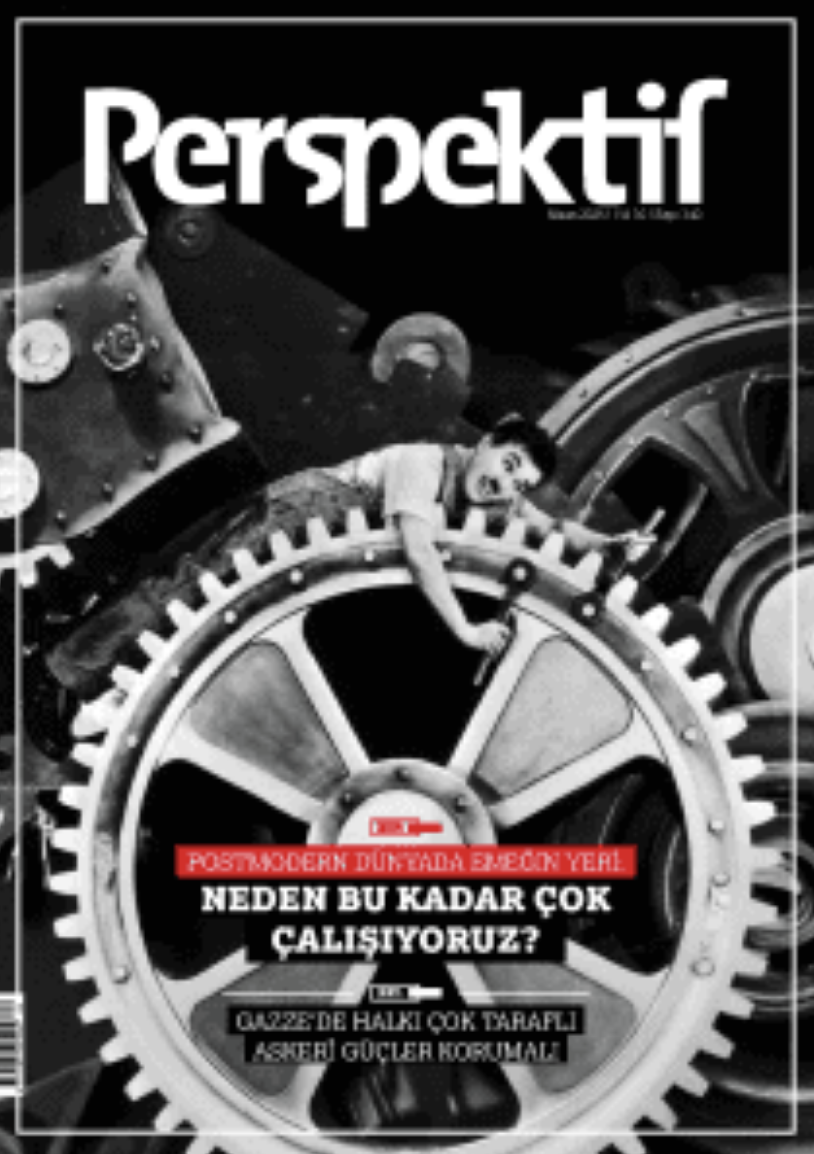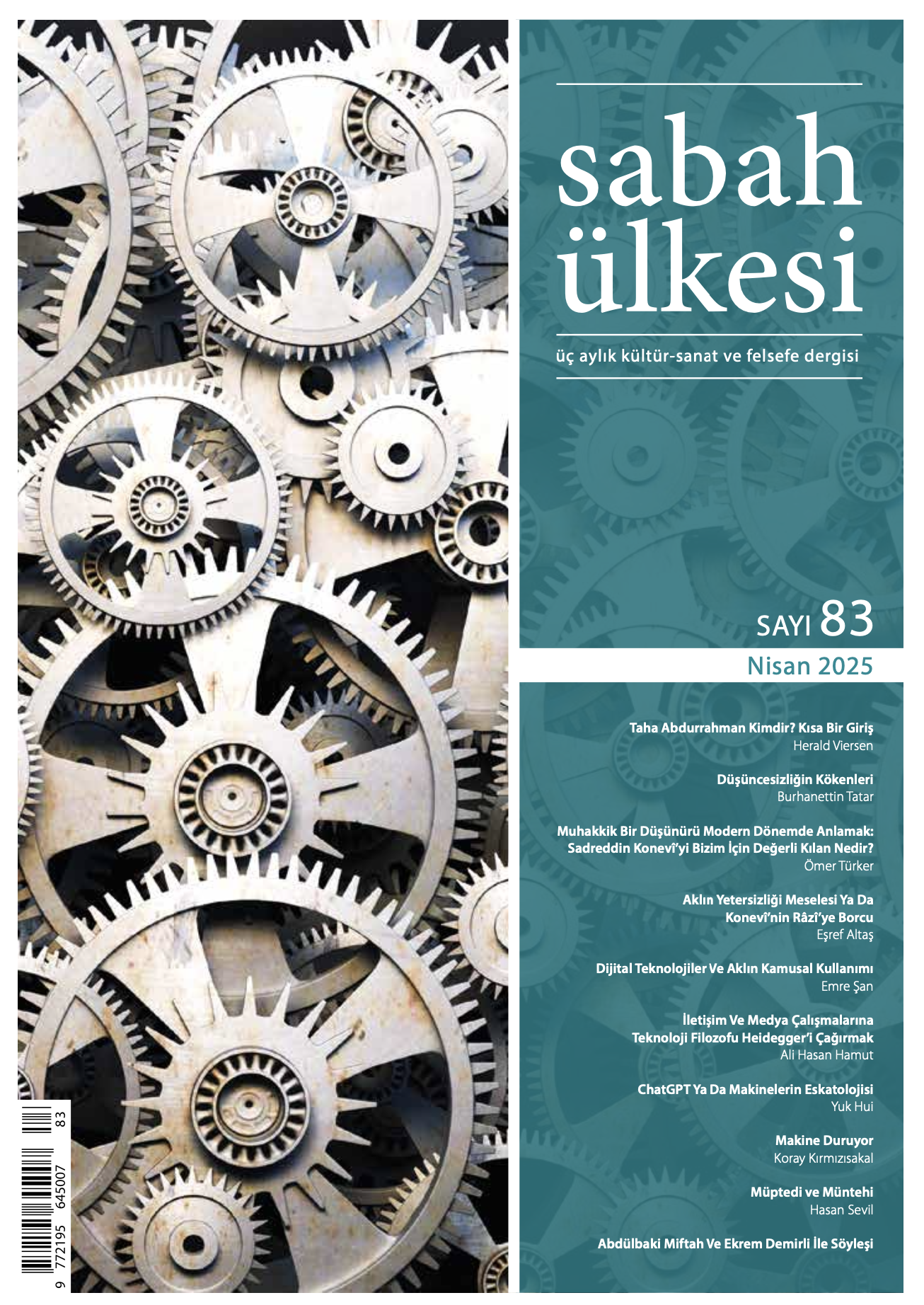Friday Khutba
Honouring Our Past: Being Loyal
20. February 2025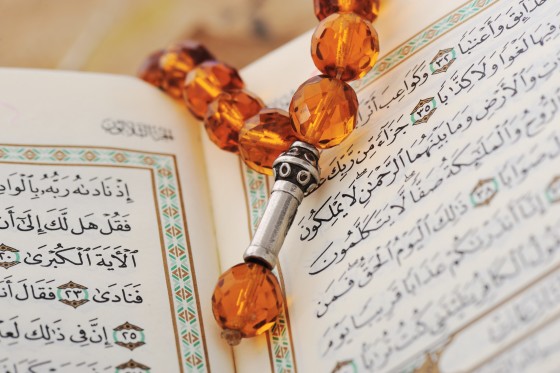
Dear Brothers and Sisters!
In our noble religion, Islam, loyalty is defined as a behaviour that primarily involves giving Allah, oneself and all creation the value they rightfully deserve. Loyalty is a heartfelt devotion, faithfulness, gratitude and appreciation toward Allah (swt), who has created all beings from nothing and given countless blessings upon them. Loyalty is reverence, respect and refraining from hurting hearts. It means not abandoning what is right and expressing the truth in the most beautiful way. Loyalty is submission and trust. It is remembering, not forgetting and fulfilling one’s duty toward those who stood by us when we were alone, protected us when we were weak and supported us when we were vulnerable.
Dear Jama’ah!
Our beloved Prophet (saw) was always faithful to his promises and always fulfilled his commitments. In one of his hadiths, he emphasised the importance of loyalty to one’s word: “The faith of one who does not uphold trust is not complete; and the religion of one who does not remain true to their promises has not reached perfection.”[1] The life of the Messenger of Allah (saw) was filled with examples of loyalty to Allah’s commands, to his family, friends and those around him. We witness countless examples of his unwavering faithfulness: his respect for all the prophets before him, his care for the well-being of his future ummah and his sensitivity toward both living and non-living beings.
Throughout his life, he taught loyalty as a virtue and due to his exceptional integrity in fulfilling promises and safeguarding trusts, he was recognised even by those who did not believe in his message as “Al-Amin” (the Trustworthy). Allah (swt), who supports humanity with divine revelation and guides them through His prophets, frequently reminds us of loyalty in the Qur’an. From devotion to Allah (swt) and respect for parents to keeping one’s word and appreciating blessings, from honouring agreements to protecting the property of orphans, the Qur’an emphasises the importance of faithfulness. Additionally, while teaching us how to be loyal to Allah and His creation, the Qur’an also warns us against examples of betrayal and disloyalty.
Dear Brothers and Sisters!
The Prophet Muhammad (saw) always remained loyal to those who served Islam. He never left their contributions and kindness unanswered, never forgot those who supported him and showed them gratitude throughout his life. In this regard, we too should honour those who have paved the way for us, those who have contributed both materially and spiritually to the construction of our mosques and communities. We should remember them with mercy and gratitude. Our beloved Prophet (saw), who considered fulfilling one’s promises as a part of faith, demonstrated the highest examples of loyalty in his life. Whether in worshiping Allah and expressing gratitude for His blessings or in all human interactions, he embodied loyalty as a moral principle. He emphasised its importance to his family, companions and ummah, even in the most difficult times and for the smallest acts of kindness. Moreover, it was never witnessed that he broke a promise, even in the most challenging situations. Let us conclude our khutba with the verse and hadith we recited at the beginning.
Allah (swt) says: “And those who come after them say: ‘Our Lord! Forgive us and our brothers who preceded us in faith, and do not place in our hearts any resentment toward those who have believed. Our Lord! Indeed, You are Most Compassionate, Most Merciful.’”[2]
The Messenger of Allah (saw) said: “On the Day of Judgment, every treacherous person will have a flag behind them, and the height of that flag will be in proportion to their betrayal.”[3]
May your Jumah be blessed. May Allah’s mercy, forgiveness, grace and generosity be upon you. Ameen.
[1] İbn Hanbel, III, 134
[2] Surah Al-Hashr, 59:10
[3] Müslim, Cihâd 15-16; Tirmizî, Fiten 26









